Can't believe no one else has commented on the humor in that sentence.
I'm still convinced members who use cel and small ipad etc miss out on so so much....
Mongo wan't very bright , as I recall.
Grizz
Can't believe no one else has commented on the humor in that sentence.
I'm still convinced members who use cel and small ipad etc miss out on so so much....
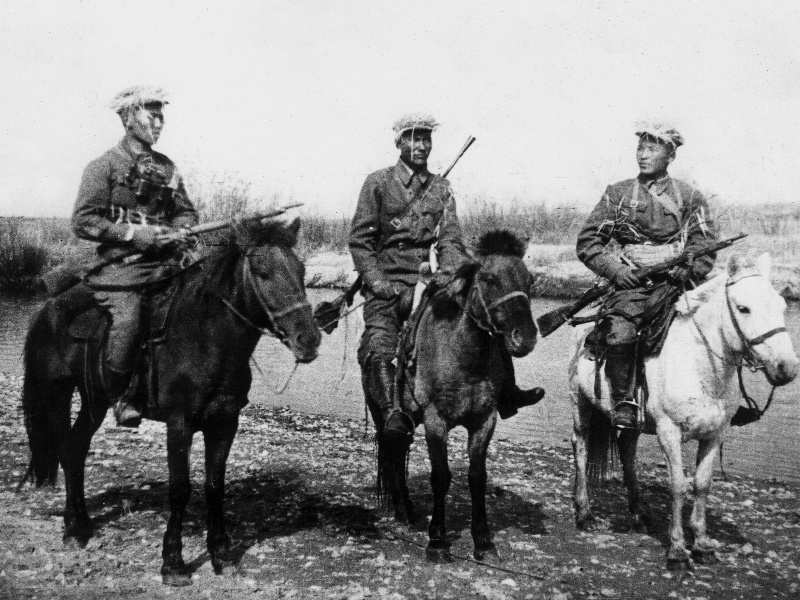
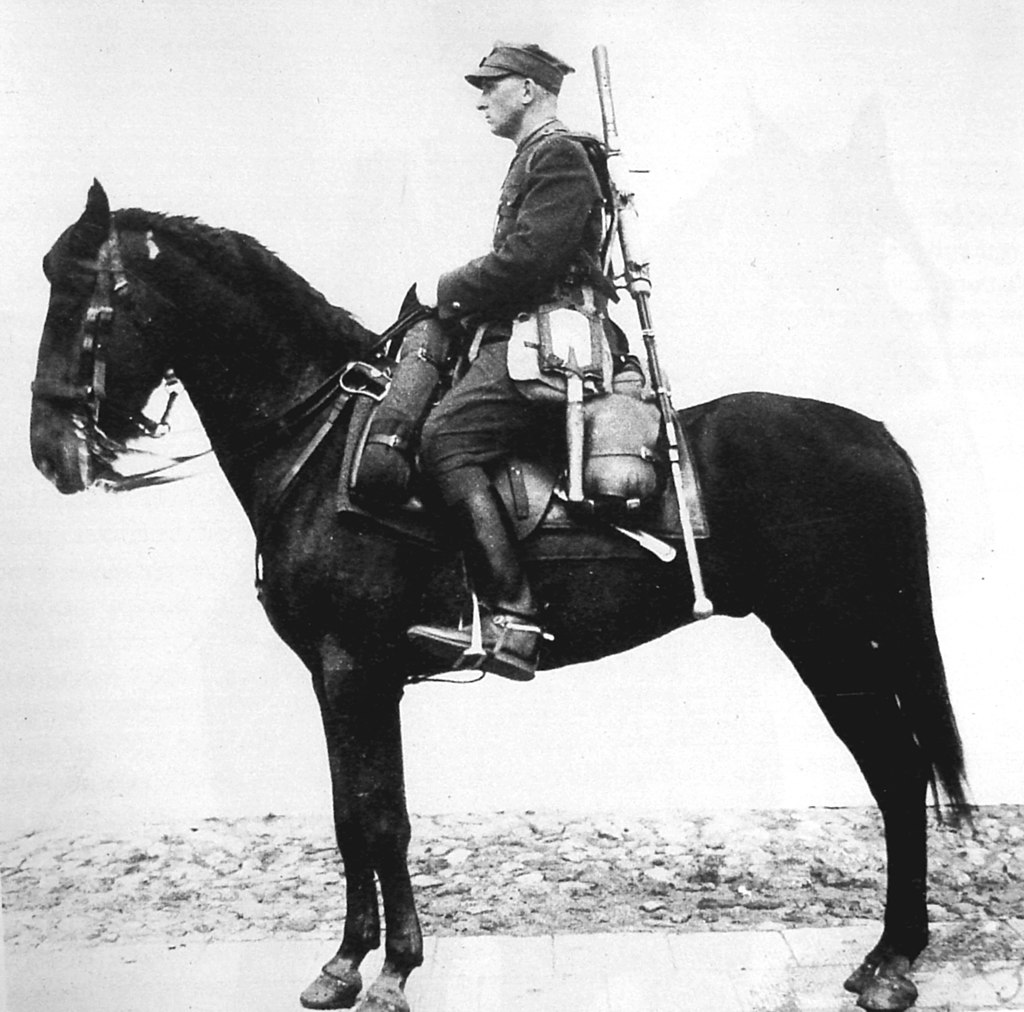

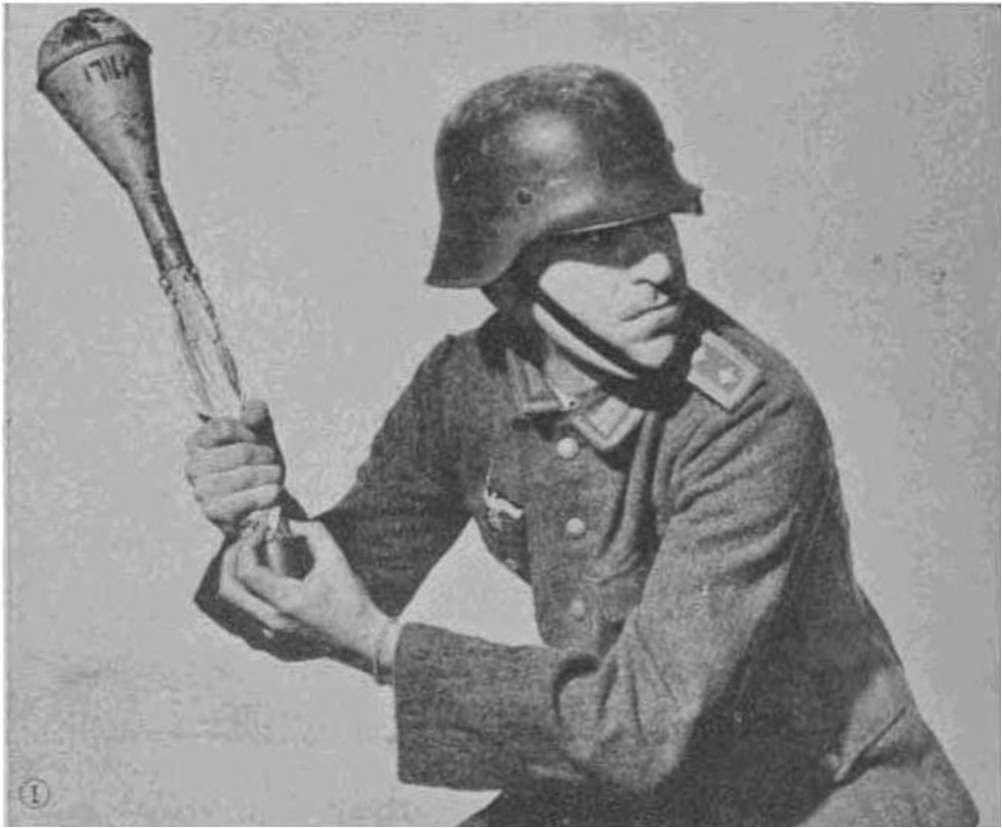
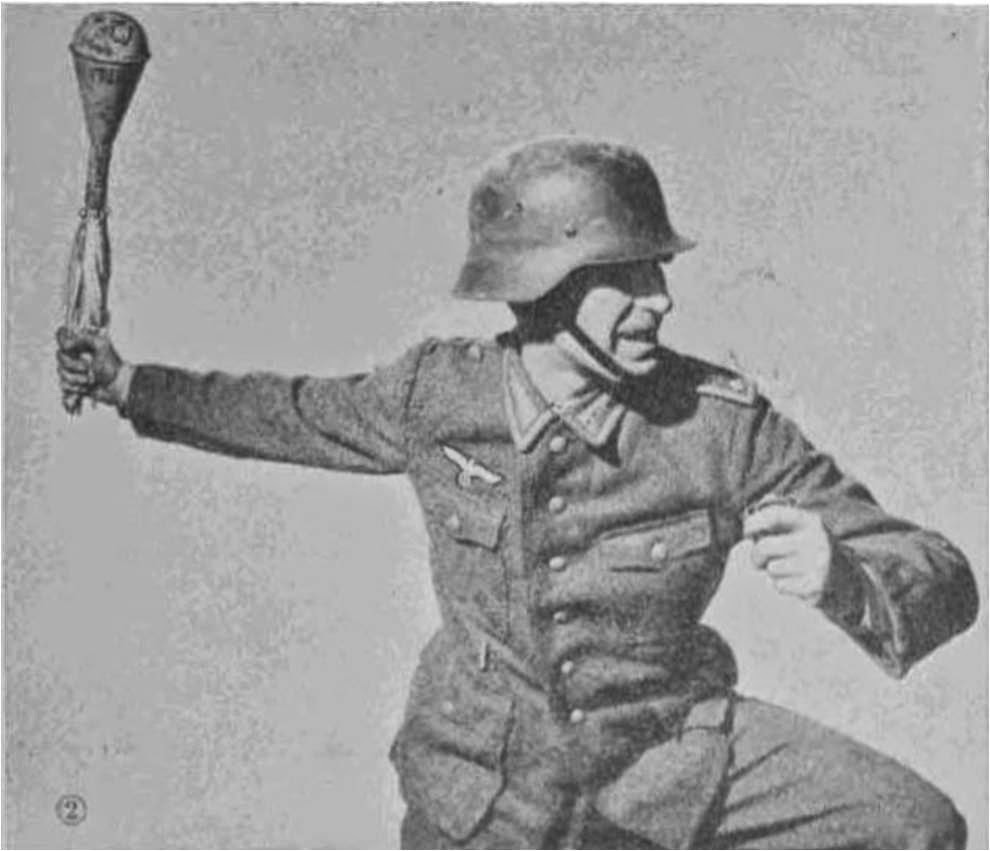

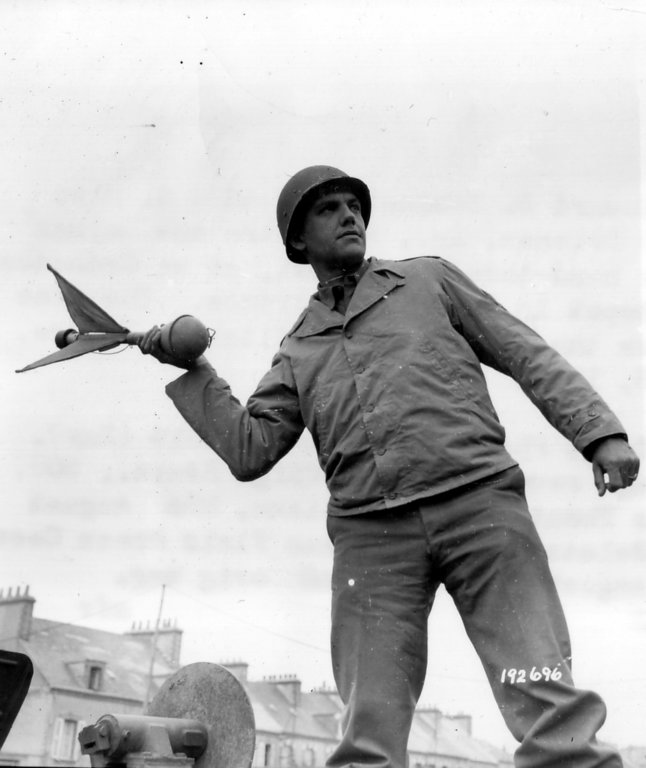
Winner, good eye.

The campaign for the "Khaki Election," as it was called after the colour of the army's uniforms, was the ugliest in Canadian history. As historian Tim Cook writes, the campaign "mirrored the war overseas: vicious, unrestrained, and with blood everywhere."
Unionists attacked the Liberals' patriotism, and pro-conscription newspapers such as The London Free Press thundered, "Every vote cast for a Laurier candidate is a vote cast for the [German] Kaiser." Meanwhile in Québec, where the Union Government struggled to even find candidates, those brave enough to run under the conscription banner were threatened and attacked. In the midst of all this, farmers spoke out against both Unionists and Liberals, while farmers themselves were accused of bumping up food prices and profiteering from the war.
The sour mood was made worse by domestic tragedy. As Borden campaigned across Canada, he was shocked to learn on 6 December of the Halifax Explosion, which devastated his hometown, killing 2,000 people — including members of many families he knew personally. Eleven days later, Canadians voted. Borden's Unionists swept the English-speaking regions, returning to Parliament with a majority of 153 seats, including only three from Québec. Laurier's Liberals won 82 seats, 62 from Québec.
The Unionists had won a resounding victory, but the country they now governed was scarred by the vitriol of the campaign, and divided. The issue at the heart of it all, conscription, hardly mattered in the end. In 1918, new Allied offensives had the Germans on the run, and the war would be over by November that year. Although Canadian battalions in Europe were bolstered by conscripts in the final months of the war, only 125,000 Canadians — just over a quarter of those eligible to be drafted — were ultimately conscripted into the military, and of those only about 24,000 were sent to the front lines.
A more lasting consequence of the election was the political isolation felt by Québec — a fact that would hurt Conservative fortunes there, and haunt Canadian unity, for generations to come.

Quite the collection, Rempel - thanks for that.

Saudi LAV IIIs. Would these be among the ones sold to the Saudis by us?
Quite the collection, Rempel - thanks for that.
*picture of destroyed LAV's
Saudi LAV IIIs. Would these be among the ones sold to the Saudis by us?
You can't buy competence.....








































